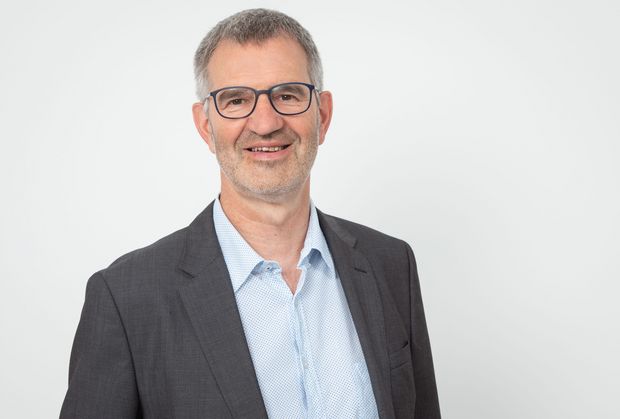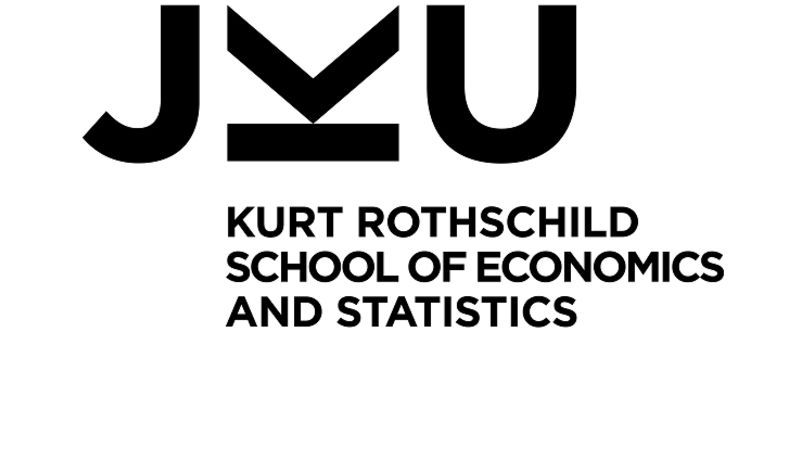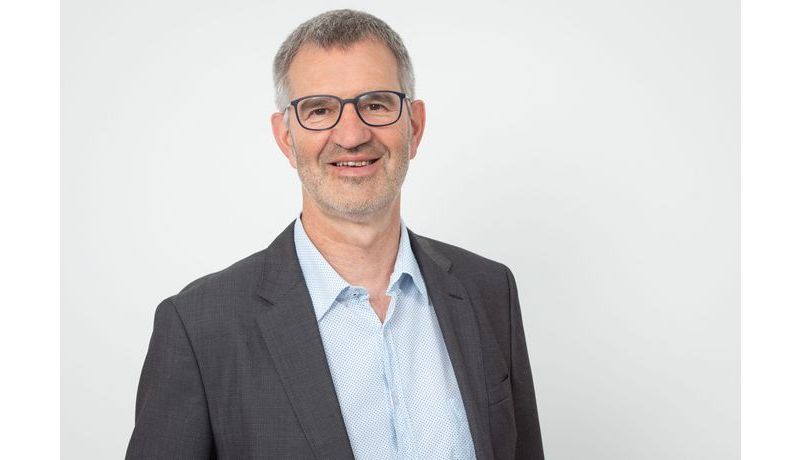Globalization, climate change, and digitalization means our economy and businesses are continually facing rapid, fundamental changes.

How can new technologies be used to scientifically study business relationships? Above all, can we ensure that imminent social and economic change will benefit everyone? The Johannes Kepler University Linz and the new Kurt Rothschild School of Economics and Statistics will be exploring these questions and more.
Kurt W. Rothschild, a formative figure at the JKU as a former Rector (1971-1972) and an expert in post-war economics, is the namesake for the newly established “Kurt Rothschild School of Economics and Statistics”. The School will conduct international research in fields of excellence that include epidemiology & public health, the future of work, and data science, bringing empirical economic research together with statistical methods, big data, and digitization. Drawing on extensive international experience and strong networks, the School’s decisive factor in choosing the name was not only Kurt Rothschild's technical expertise and visionary forward-looking approach, but also his profoundly humane approach to the nature and meaning of business. The new School is committed to Rothschild's admonishing words that "… national economics should always be aware that theory must never become an end in itself. It should always serve the thorough examination of our environment so that it can be made better and more humane."
Unique in Austria, research institutions in Austria and abroad support research at the Data Lab Linz (DL2). With the help of Deep Learning and without jeopardizing the right to protecting personal information, DL2 also provides access to anonymized registry data that provides the amount of data from which new information is collected.
Prof. Winter-Ebmer, one of two directors at the Kurt Rothschild School, remarked: "Here at the Kurt Rothschild School, the Data Lab Linz is the core of the School and a place where economists can use modern data analyses methods to explore various issues and research questions. The Lab is at the pioneering interface of statistics and economics and is ideal for addressing social issues."
Interdisciplinarity creates Synergy
Why statistics? Statistics focuses on developing tools to support modeling and analyzing data. Prof. Andreas Futschik, the School's co-director, added: "In doing so, we focus on real-world issues and topics. As part of the Kurt Rothschild School, we hope that new partnerships and collaboration efforts will lead to exploring dynamic topics in economics and we can contribute in a methodological way."
Both directors believe that closely applying theory to real-world, socially relevant issues is crucial and of vital importance. JKU Rector Meinhard Lukas stated: "Research is not conducted in an abstract vacuum of space. On the contrary, science affects all of us and is a great social responsibility. Here at the JKU, we practice this type of responsibility wherever we can, be it at the cafeteria where we offer locally-sourced food and use organic ingredients, or our approach to technological innovation where we not only conduct research on technology but also study the social impact. This approach continues at the Kurt Rothschild School and I strongly believe that this approach aligns with the spirit of Kurt Rothschild. Research is never an end to itself – it must serve people, society and nature." Current projects reflect these thoughts and ideas.
Current projects include
- Epidemiology & Public Health: Can small financial incentives encourage young people to make an appointment for a preventive health screening? Finding: A €40 gift certificate is enough to raise the rate from 2.4% to 9.1%. The catch is that the rise is most noticeable among young people from more affluent and educated families and this measure is comparatively less effective in attracting those from groups who would benefit more.
- The Future of Work: Those who are unemployed and performed mainly routine work (i.e. assembly line workers, etc.) are out of work 18% longer than others. Research conducted by the JKU Kurt Rothschild School has shown that earlier and more effective training could curb the effects of labor market policies, especially those who are young and better educated. In this case, we see another polarized aspect in that continual education and re-training are a positive measure for those affected but is not a ‘one size fits all’ solution.
- Data Science: An analysis focusing on the impact of maternity leave and income for working mothers after returning to work provided data that shows the mothers’ salary progression after maternity leave could be determined. Initial analyses of income data submitted by over 31,000 Austrian mothers actually showed longer maternity leave had a negative impact in regard to salary after returning to work. Big data analyses applying "treatment effect models" were used to simulate how the mothers' salaries would have progressed had they taken a different period of parental leave than the one they actually chose. These types of models are also used in medicine to analyze which patients would benefit from a particular treatment.











